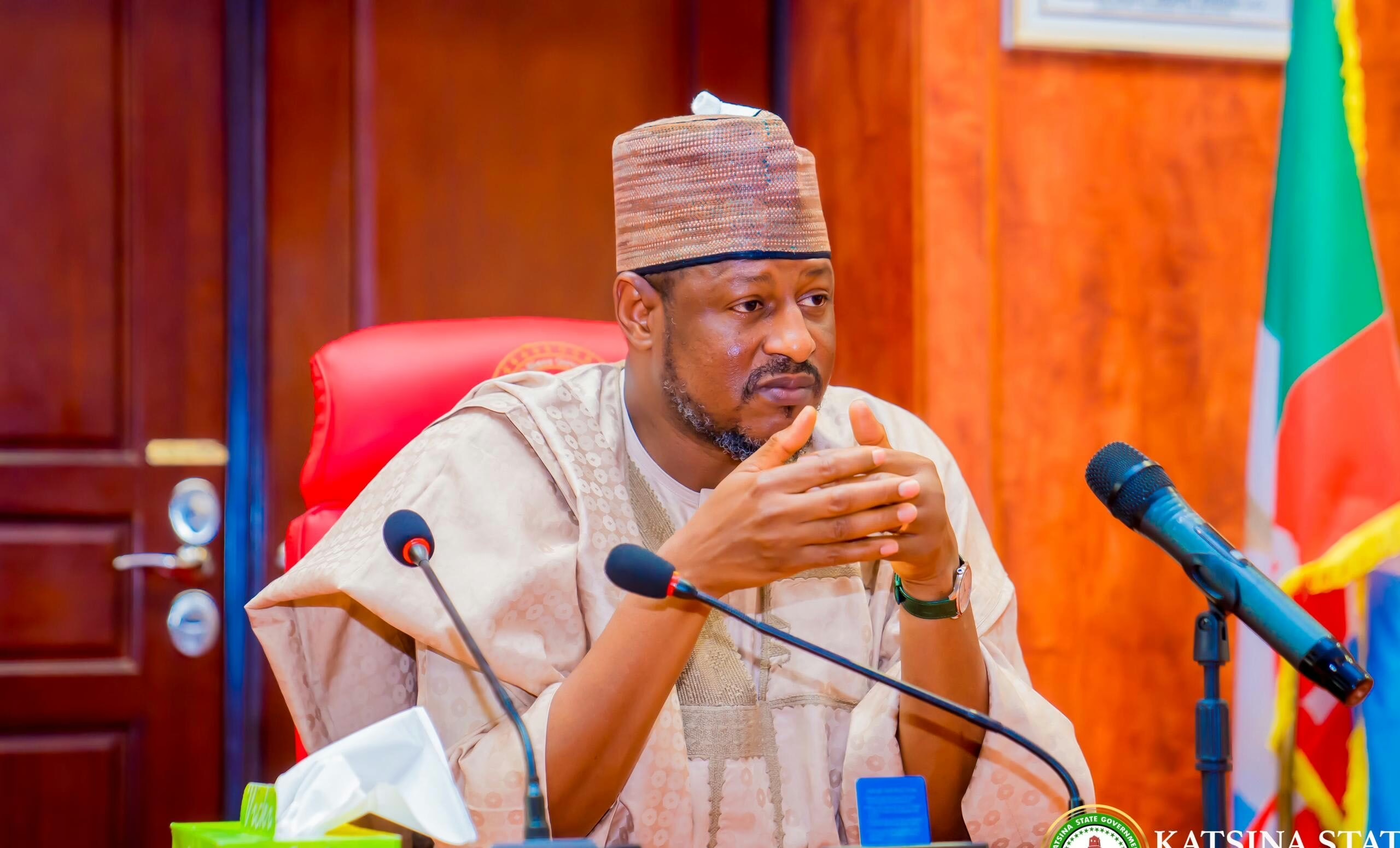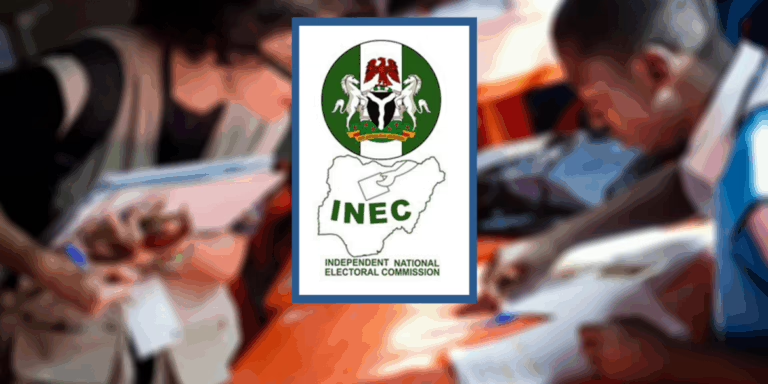INEC Addresses Concerns Over Osun State Voter Registration Figures
The Independent National Electoral Commission (INEC) has reassured the public and political stakeholders that the recent surge in voter registration numbers from Osun State during the ongoing Continuous Voter Registration (CVR) exercise is consistent with historical trends and poses no cause for alarm.
Opposition Party Raises Questions on Registration Data
The African Democratic Congress (ADC) expressed skepticism about the reported figures, highlighting that nearly 400,000 new registrations in just one week from Osun State seemed inconsistent with past demographic data and voting patterns. The party cautioned that if such discrepancies remain unaddressed, they could erode public trust in Nigeria’s electoral integrity.
INEC Provides Historical Context to Validate Current Data
Responding to these concerns, INEC’s Chief Press Secretary to the Chairman, Rotimi Oyekanmi, clarified that the current registration trends mirror those observed during the Commission’s initial online pre-registration launch in June 2021. At that time, Osun State consistently led in the number of registrants, reflecting a pattern rather than an anomaly.
For instance, within the first 24 hours of the 2021 online portal launch, over 59,000 accounts were created nationwide, with Osun State contributing significantly. By the second week, active accounts had surged to nearly 457,000, with Osun topping the list at approximately 155,000 registrations. This momentum continued, reaching over 2.2 million pre-registrations by the eighth week, with Osun maintaining its lead.
Comparative Data from Previous Registration Cycles
Further emphasizing the consistency, Oyekanmi noted that by April 2022, more than 8.2 million Nigerians had pre-registered, with Osun State again leading with over 700,000 registrants. Similarly, during the recent CVR exercise launched in August 2025, Osun recorded 393,269 online pre-registrations within the first week, surpassing other populous regions such as Lagos and the Federal Capital Territory.
Robust Verification Processes Ensure Data Integrity
INEC underscored its commitment to accuracy and transparency by highlighting the rigorous verification mechanisms in place. All online pre-registrants are required to complete their registration in person, where biometric data is captured to prevent duplication. The Commission also employs an Automated Biometric Identification System (ABIS) to detect and eliminate multiple registrations.
During the previous CVR cycle, which spanned over a year, INEC conducted quarterly public displays of the preliminary voters’ register to allow for claims and objections, ensuring that only eligible individuals were included.
Significant Growth in Voter Register Over Recent Elections
These thorough procedures have contributed to substantial increases in the national voter register. Ahead of the 2019 general elections, over 14 million new voters were added, raising the total to approximately 84 million. Following the 2021/2022 CVR, the register expanded by an additional 9.4 million, culminating in nearly 93.5 million registered voters for the 2023 elections.
INEC Calls for Responsible Public Discourse
While INEC refrains from speculating on the reasons behind regional variations in registration numbers, it emphasizes its mandate to ensure that only qualified individuals, as defined by the 1999 Constitution and the Electoral Act 2022, are registered. The Commission encourages citizens and political entities to rely on verified data from official sources rather than conjecture when discussing electoral matters.
INEC remains committed to providing timely updates on the progress of both online and in-person CVR activities, fostering transparency and confidence in Nigeria’s democratic processes.


















0 Comments